Rice University saves time and lowers stress with Cayuse’s smooth proposal routing
In a few short months, all paper proposals were replaced with electronic ones
Challenge
At Rice University, it was time-consuming and inefficient to route research proposals among department administrators and principal investigators (PIs). For years, everything was done on paper and organized through cover sheets. To get the required signatures for approval and submission, research administrators had to walk proposals around campus and return them to the Office of Sponsored Research (OSR), where they were logged in at the front desk and reviewed. Any changes to these proposals were emailed, and the proposals themselves were re-entered, line-by-line, into FastLane, Grants.gov, or other sponsors’ forms for submission. If any required documents were missing, OSR staff members had to circle back with everyone involved to track down necessary documents. Finally, in the evenings, an OSR staff member entered all the day’s proposals into Ellucian Banner, the university’s enterprise resource planning (ERP) solution.
Rice is a U.S. News & World Report top 20 research institution receiving around $120 million in awards a year and has several research-intensive departments. Routing paper around campus and entering data twice was wasting time and complicating the submission process, so administrators and faculty were shying away from more complicated—and lucrative—funding opportunities. Rice needed an electronic solution to manage its sponsored projects.
Staff had to walk proposals around campus, return them to the office, log them in at the front desk, and enter them into the ERP.
Solution
Rice selected Sponsored Projects, a proposal lifecycle management solution from Cayuse, for its ease of use and quick implementation. Rice soon began converting its legacy data and soon Sponsored Projects was fully implemented.
When Rice first rolled out Sponsored Projects campus-wide, the OSR encouraged users to learn how to use the system through resources such as a dedicated training website with videos and screenshots and a dedicated full-time trainer. Because Sponsored Projects is so intuitive and user-friendly, many PIs only needed to watch the training videos to learn the system. Without an enforced mandate, Sponsored Projects quickly became the system of choice. OSR tracked the amount of proposals that came in on paper for manual input into the system versus electronic proposals created and found that within five months of rollout, 100% of Rice’s users were employing the new system.
Without an enforced mandate, Sponsored Projects quickly became the system of choice.
Results
The benefits of using Sponsored Projects were felt almost immediately. Academic department staff members no longer had to hand-deliver proposals to multiple offices across campus or chase down signatures. Faculty and department administrators saw an immediate reduction in stress and time, now that managing the proposal life cycle was straightforward and less demanding. OSR staff members were also saving considerable hours every day, now that they no longer had to use a paper-based system for award management as well as data entry of proposal and award information into Banner.
Rice also reduced unnecessary, repetitive data entry by implementing Cayuse’s Data Management integration modules, which keep both Sponsored Projects and Banner up to date. Prior to the Sponsored Projects implementation, OSR staff had to manually enter all proposal data into Banner, but with integration modules, everything that is entered into Cayuse automatically transfers to Banner.
With an electronic proposal management solution in place, Rice can now trust that its proposals and ERP data are up to the minute and dependable. Without the old administrative strain on proposals, PIs, faculty members, and OSR employees can instead focus on writing successful grants and expanding Rice University’s research.
